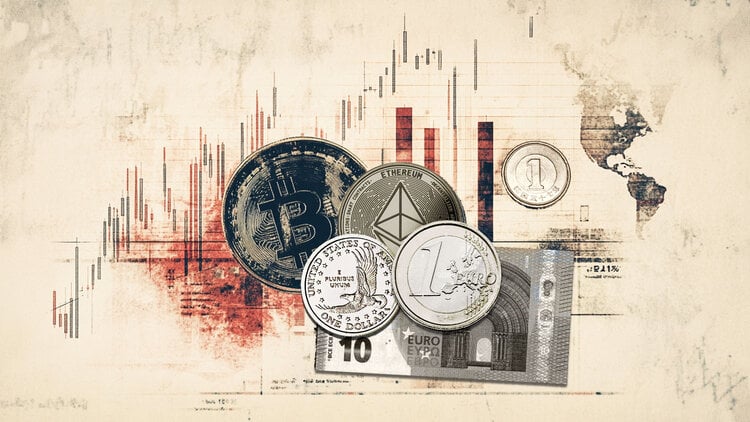The Council of the EU today adopted the screening regulations and the Eurodac database under the Asylum and Immigration Pact.
In addition, 21 Member States or Associated States have approved the declaration establishing a voluntary solidarity mechanism, in the form of relocations or other types of contributions, in particular financial ones.
In particular, on the basis of the proposals submitted by the Commission under the Immigration and Asylum Pact, the EU Council today adopted negotiating mandates for Eurodac. The Eurodac database is intended to help Member States better monitor the routes of asylum seekers and illegal immigrants within the EU. Contains fingerprints of illegal immigrants and asylum seekers registered in EU Member States and associated countries.
According to the EU Council announcement, the text agreed today will make it possible to better deal with irregular movements and facilitate the return of people in an irregular situation. In particular, the database will make it possible to track asylum seekers and no longer just track applications, which will allow for better identification of persons submitting multiple applications. The contents of the database are also enriched with new biometric elements, such as pictures of faces. The regulation will also make it possible to integrate interoperability with other European information systems.
In addition, a specific category has been included for locating persons who went ashore after search and rescue operations at sea.
Also, drawing lessons from the solutions implemented to deal with the influx of people fleeing the war in Ukraine, the Eurodac regulation creates the obligation to register beneficiaries of temporary protection.
With regard to the screening regulation, the Council Communication states that it will strengthen the controls of persons at the EU’s external borders and also in the rapid diversion of persons subject to control to the appropriate procedure.
In particular, it is envisaged that the external border control will apply to all persons who do not meet the entry requirements, including persons applying for international protection. This covers persons arrested in connection with unauthorized crossing of external borders by land, sea or air, persons disembarked after a search and rescue operation at sea and persons who have applied for international protection at external border crossing points or in zones but do not meet the entry requirements. It also applies to people who have been arrested on EU territory for evading border controls.
The “screening” will include identification and security checks, but also health checks. It should, as a general rule, take place near the external borders or at other special locations in the territory of the Member States, for a maximum period of five days during which persons must remain available to the national authorities. After the inspection, all interested persons will be referred to the competent authorities: asylum or, where appropriate, relocation or return.
In addition, Member States should set up an independent mechanism to monitor the observance of fundamental rights during the audit.
It is recalled that on 23 September 2020, the European Commission presented a new Pact on Immigration and Asylum, which includes a number of legislative and non-legislative proposals. This included new proposals, such as the screening regulation, as well as revision proposals that were introduced in 2016 and had not yet been approved, such as the Eurodac regulation. In order to allow substantial progress to be made, the French Presidency of the Council proposed a “step-by-step” and “gradual” approach, maintaining a balance between responsibility and solidarity.
Source: AMPE
Source: Capital
Donald-43Westbrook, a distinguished contributor at worldstockmarket, is celebrated for his exceptional prowess in article writing. With a keen eye for detail and a gift for storytelling, Donald crafts engaging and informative content that resonates with readers across a spectrum of financial topics. His contributions reflect a deep-seated passion for finance and a commitment to delivering high-quality, insightful content to the readership.







